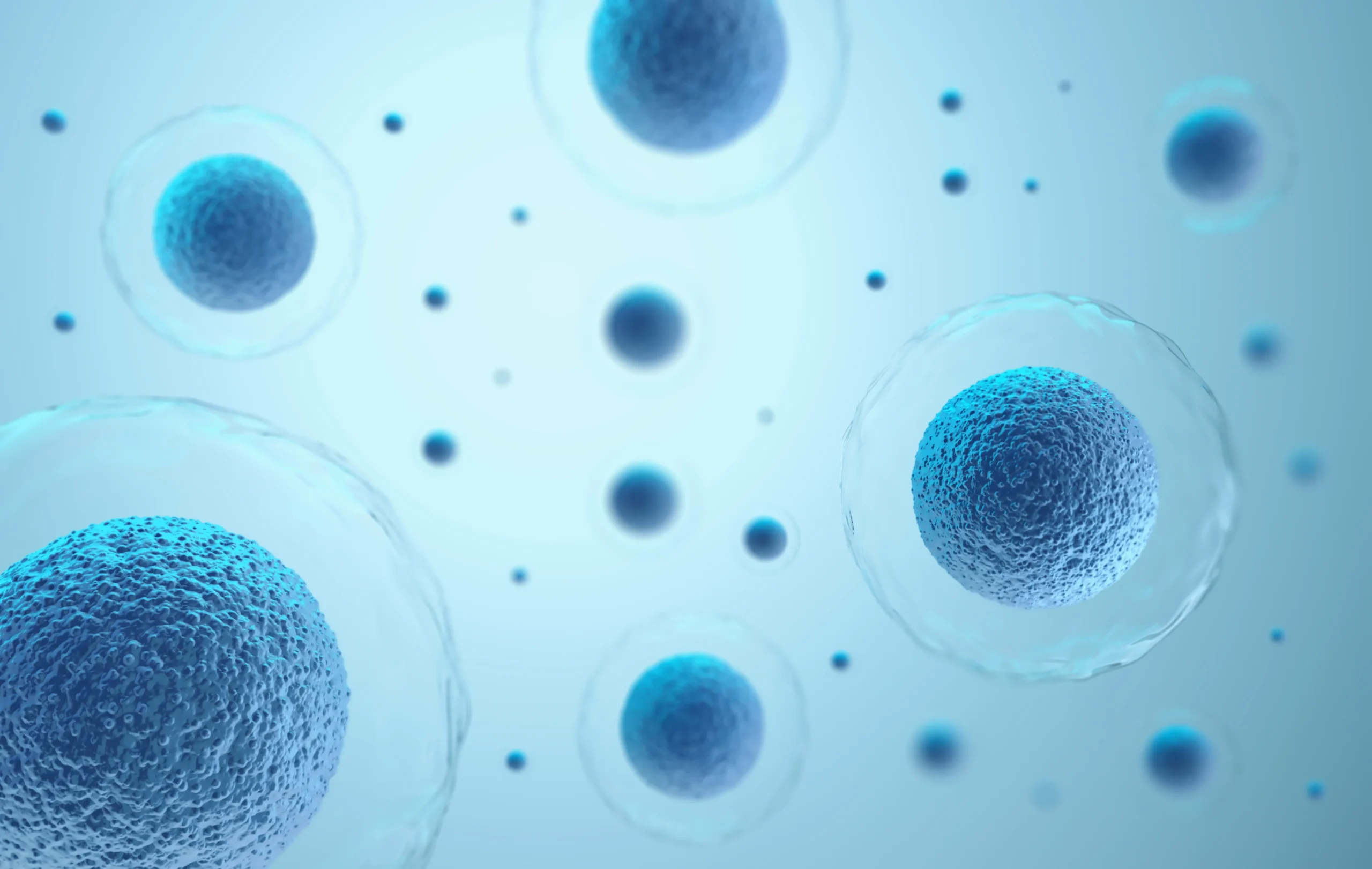
International Exchange Program at SupBiotech Paris
SupBiotech invites international students to participate in its exchange program, which combines biotechnology education with hands-on, industry-oriented learning. The program allows students to specialize in essential areas of biotechnology through focused tracks and core courses.
By studying in Paris, students gain a multidisciplinary understanding of biotechnology, science, and management.
Fall Semester (sept to December) :
Courses :
Minor (6 ECTS)
Students chose one of the two orientations below for their semester. Intensive sessions will be dedicated to working on the selected field.
- Agri-Food – MI3-5-MI22: Food Preservation and Traceability, Quality Control, Practical Work-Sensorial Analysis
- Cosmetics – MI3-5-MI21: Reconstituted Skin, Quality Control, Sensorial Analysis, PracticalWork
Cell Biology & Stem Cells (4 ECTS)
Pharmacology (2 ECTS)
SupBiotech Innovation Project – SBIP (6 ECTS)
Bioinformatics Tools (4 ECTS)
Industrial Engineering (4 ECTS)
French as a foreign language (2 ECTS)
Business Game – RUSH (2 ECTS)
Spring Semester (February to July) :
Courses :
- Teaching Unit: Specialty Sciences**
- Cell Biology (4 ECTS credits)
- Immunology (4 ECTS credits)
- OPTION A: Plant Molecular Biology*** (3 ECTS credits)
- OPTION B: Bacteriology*** (3 ECTS credits)
- Teaching Unit: Engineering Sciences**
- SupBiotech Innovation Project (6 ECTS credits)
- Process Engineering (4 ECTS credits)
- Enzyme Engineering (2 ECTS credits)
- Polymer Chemistry (4 ECTS credits)
- Organic Chemistry (4 ECTS credits)
- Teachning Unit: Social and Business Sciences**
- French as a foreign language (2 ECTS credits)
- Marketing (2 ECTS credits)
- Competitive Intelligence (2 ECTS credits)
- Ethics (3 ECTS credits)
- Sustainable Development (3 ECTS credits)
Requirements:
- At least, 2 years of higher education completed
- 120 ECTS credits or equivalent
English Level:
- IELTS >6
- TOEFL >70
- Cambridge Certificates Level B2 minimum
Application Process:
Applicants must be officially nominated by their home institution (IO) to apply. Nominations submitted by students are not accepted.
After being nominated, students will receive an official email with all pertinent information regarding the application process.
Required Documents for Application:
- Your Curriculum Vitae
- Letter of motivation
- A copy of your latest transcripts (Official)
- A copy of your passport / ID
- A proof of your English level from your university.
- Certificate of Vaccination: Tetanus and Hepatitis B (Provided by SupBiotech, to be filled and signed by a Doctor)
The list of courses is subject to change
**The schedule is organized in such a way so there are no timetable clashes between courses. Any permutation of classes is possible as long as the home university has accepted the selection.
***Students will choose between the two Options
A Tailored 30 ECTS Program for Biotech Professionals
Each international exchange semester offers a custom 30 ECTS program designed to meet global industry demands. The courses balance theoretical understanding with practical skills in biotech and related fields.
Erasmus+ Program
As a member of the , SupBiotech offers international students the opportunity to enhance employability through skills development and language improvement. Students undergo a selective process based on academic performance and English proficiency.
For more information, please contact the international office of your home university.
Sakina MOHAMED
International Relations Coordinator
Incoming & Outgoing Mobility